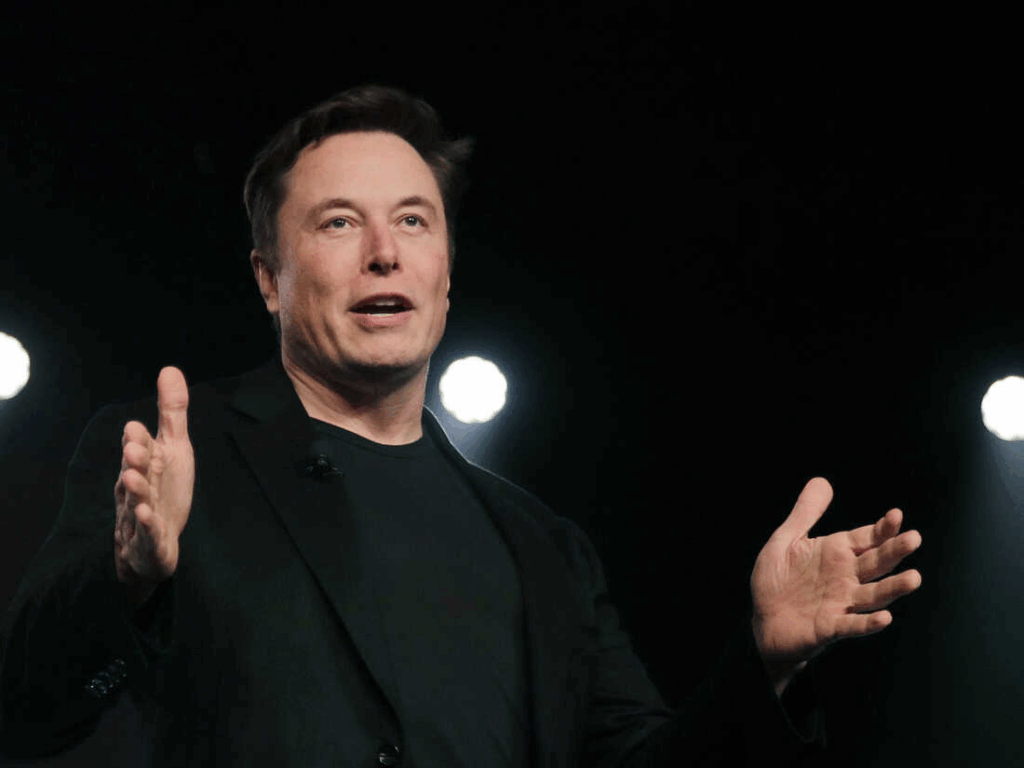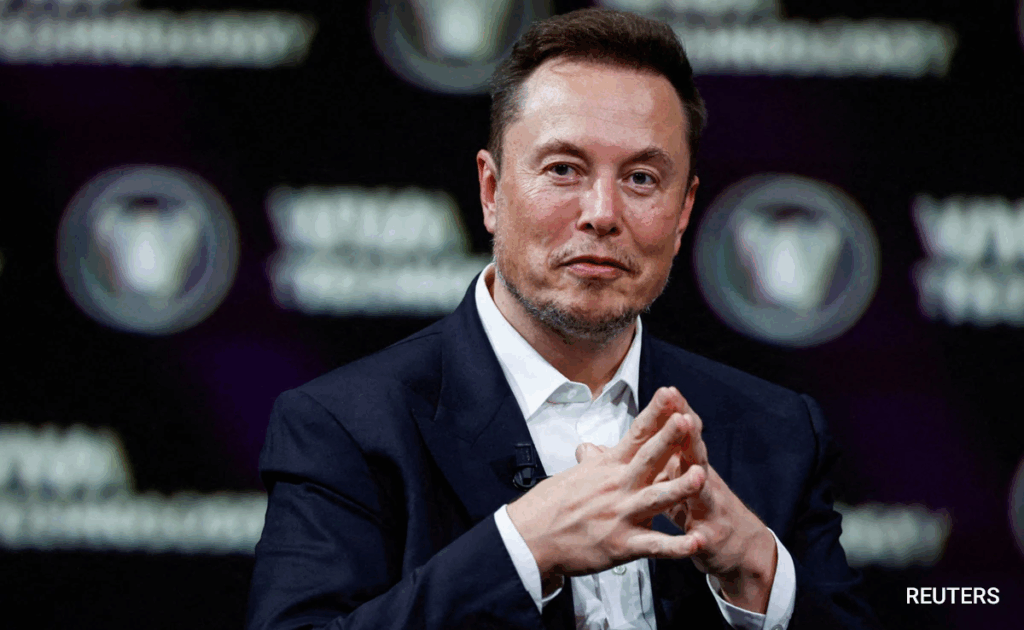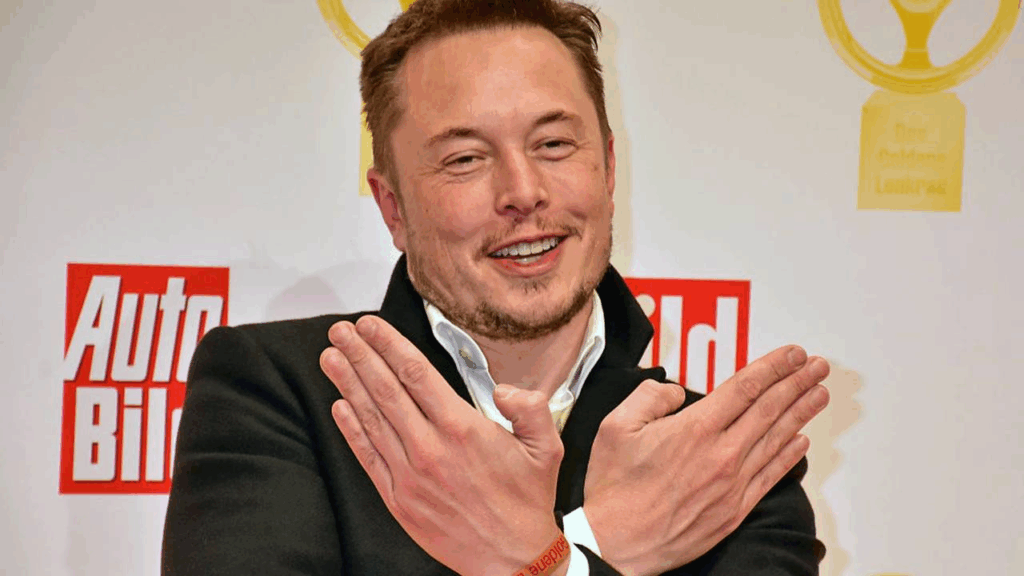In recent months, the debate over banning TikTok in the United States has intensified, with concerns centered around data privacy and national security. Many policymakers and government officials have called for restrictions or outright bans on the popular social media app, citing fears that user data could be accessed by the Chinese government, given TikTok’s Chinese parent company, ByteDance.

However, one prominent voice opposing such bans is Elon Musk, the billionaire CEO of Tesla and SpaceX. Musk has publicly expressed skepticism about banning TikTok, arguing that such measures may be unnecessary or overly restrictive.

Elon Musk has emphasized the importance of free speech and innovation in the digital age. He believes that banning TikTok could set a dangerous precedent for censorship and government overreach. Musk has noted that many Americans, especially younger generations, use TikTok as a primary source of entertainment and information, and restricting access could have broader implications for free expression.

Musk has also questioned whether banning TikTok would effectively address the underlying security concerns. He points out that restricting access to one app may not prevent malicious actors from finding other ways to collect data or influence public opinion. Instead, Musk advocates for stronger regulations on data privacy and cybersecurity that can address these issues without resorting to outright bans.
Rather than government restrictions, Musk suggests that technological and market-based solutions could better serve the interests of users and national security. For example, encouraging TikTok and other tech companies to adopt more transparent data practices or allowing users to have more control over their information.
While some policymakers see banning TikTok as a necessary step to protect national security, Elon Musk’s stance highlights the complexities of balancing security concerns with free expression and innovation. His opposition underscores the ongoing debate about the best way to regulate social media platforms in an increasingly connected world.